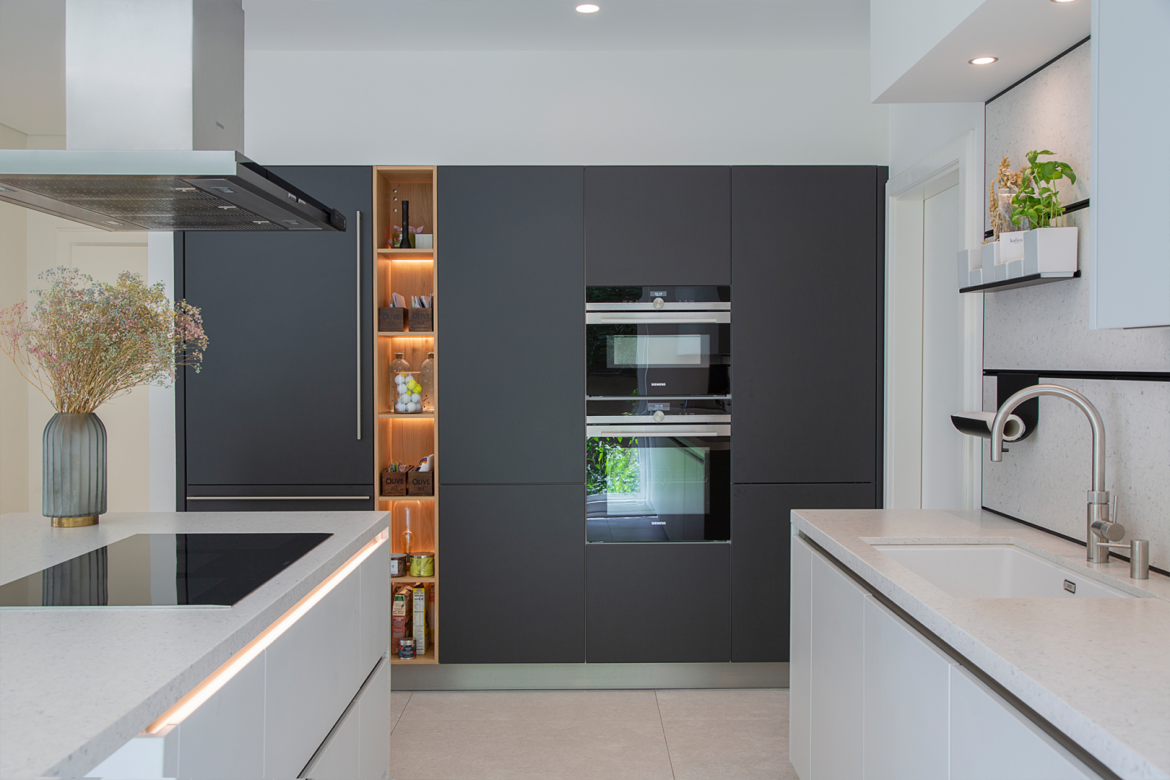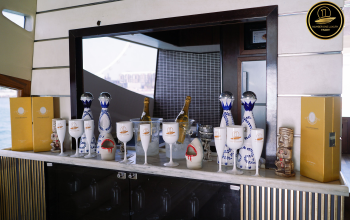Both modular and traditional kitchen designs have their own unique characteristics and appeal. Understanding the differences between these two approaches to kitchen design can help homeowners make informed decisions when planning their culinary spaces.
Structure and construction:
Traditional kitchen designs are typically built on-site using custom-made cabinets and fixtures. These kitchens often feature permanent fixtures, such as built-in islands, countertops, and cabinetry, which are tailored to fit the specific dimensions and layout of the space. In contrast, modular kitchen in Dubai consist of pre-fabricated components that are manufactured off-site and assembled on-site. Modular kitchens offer greater flexibility in terms of layout and configuration, with standardized modules that can be easily customized and rearranged to suit different spaces and preferences.
Cost and time:
Traditional kitchen designs tend to be more expensive and time-consuming to build than modular kitchens. Custom-built cabinets, countertops, and fixtures require skilled craftsmanship and labor-intensive installation, which can drive up costs and extend construction timelines. In contrast, modular kitchens are more cost-effective and efficient to install, as pre-fabricated components can be quickly assembled on-site without the need for extensive customization or specialized labor. This makes modular kitchens an attractive option for homeowners looking to renovate or update their kitchens on a budget and timeline.
Design styles and trends:
Traditional kitchens often embrace classic design styles and architectural elements, such as ornate cabinetry, decorative moldings, and natural materials like wood and stone. These kitchens exude timeless elegance and sophistication, drawing inspiration from historical design periods such as Victorian, farmhouse, or colonial. In contrast, modular kitchens tend to embrace modern and contemporary design trends, with sleek lines, minimalist aesthetics, and high-gloss finishes. Modular kitchens prioritize functionality and efficiency, with streamlined layouts and innovative storage solutions that reflect the demands of modern living.
Maintenance and durability:
Both traditional and modular kitchens require regular maintenance to ensure longevity and performance. Traditional kitchens may require more upkeep due to the custom-built nature of the cabinets and fixtures, which may be susceptible to wear and tear over time. Modular kitchens, on the other hand, are designed for easy maintenance and durability, with high-quality materials and finishes that are resistant to stains, scratches, and moisture. Modular components can be easily replaced or upgraded as needed, ensuring that the kitchen remains looking pristine and stylish for years to come.



